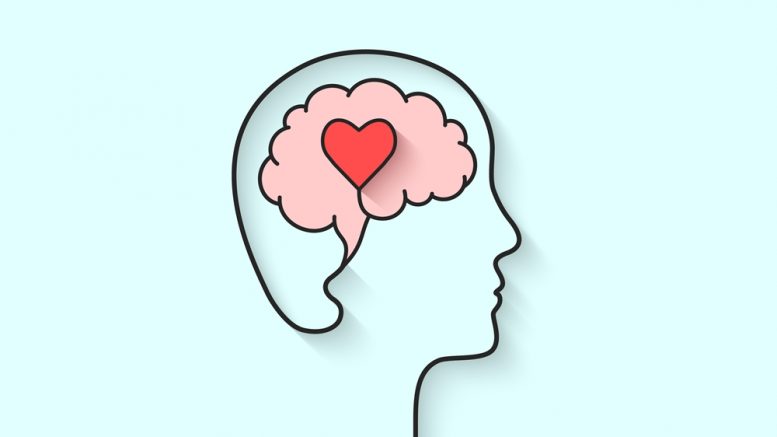While we have heard about how mental health has been affected during the waves of the Pandemic the biggest challenge is that most people do not realise that they are suffering from mental health problems. Now that Covid 19 is hopefully behind us, the prevalence of common mental health disorders are expected to rise during the post-pandemic times. People experience emotional disturbance, irritability, insomnia, depression and post-traumatic stress symptoms immediately after the quarantine period. The long term impact is considerable and wide ranging including anxiety, anger, depression, post-traumatic stress symptoms, alcohol abuse, and behavioural changes such as avoiding crowded places and cautious hand washing. These psychological symptoms can last from several months up to three years after the quarantine period. Social distancing could possibly lead to substantial increases in loneliness, anxiety, depression, domestic violence, child abuse and substance abuse.
Economic recession has been associated with increases in the prevalence of psychological distress, anxiety, depression, substance abuse disorders, and suicide and suicidal behavior. Unemployment, insecure job situation, lower socio-economic status, and pre-existing psychiatric problems seem to be the determinants of post- economic recession mental health issues. On one side there is optimism with things getting better on the economic recession front, and now the Russian war on Ukraine raises its ugly head.
A positive mindset challenges mental health issues!
When you evolve to a positive mindset, you look at life differently. You take your challenges head on with a concrete resolve to manage and overcome them. Mental health issues are no different and can be mitigated unless they are so deep rooted that need professional healthcare. Positivity generates an energy of hope and warmth. It shines through like a bright star in a dark night. It changes the way you walk the talk. People cheer up in your company and look forward to meeting you. Human beings were created to thrive in positivity. Be the beacon of positivity wherever you are. That’s the best cure to any mental health problem.
How does an individual deal with their own mental health problems?
To become a positive mindset warrior you first need to take a few steps yourself. Treat yourself with kindness and respect, and avoid self-criticism. Make time for your hobbies and favorite projects, or broaden your horizons. Do a daily crossword puzzle, plant a garden, take dance lessons, learn to play an instrument or become fluent in another language. Value yourself.
Taking care of yourself physically can improve your mental health. Be sure to, adopt a positive attitude towards life. Eat nutritious meals, drink plenty of water. Exercise- which helps decrease depression and anxiety and improve moods. Get enough sleep. Researchers believe that lack of sleep contributes to a high rate of depression in everyone.
People with strong family or social connections are generally healthier than those who lack a support network. Make plans with supportive family members and friends, or seek out activities where you can meet new people, such as a club, class or support group
Dealing with Stress
Like it or not, stress is a part of life, chaos continues relentlessly in today’s world with constant changes, challenges and refreshed approaches. Practice good coping skills, take a nature walk, play with your pet or try journal writing as a stress reducer. Spend more time with your loved ones. Also, remember to smile and see the humor in life. Research shows that laughter can boost your immune system, ease pain, relax your body and reduce stress. Laughter is infectious and can help reduce stress of others who laugh with you.Relaxation exercises and prayers can improve your state of mind and outlook to life. In fact, research shows that meditation may help you feel calm and enhance the effects of therapy.
Do we create our own stressful situations?
Decide what you want to achieve academically, professionally and personally, and write down the steps you need to realize your goals. Aim high, but be realistic and don’t over-schedule. Sustain and go steady. You’ll enjoy a tremendous sense of accomplishment and self-worth as you progress toward your goals
Remember ” The best way out, is always through” Robert Frost
The views and opinions published here belong to the author and do not necessarily reflect the views and opinions of the publisher.



Be the first to comment on "How positive mindset can combat mental health challenges"